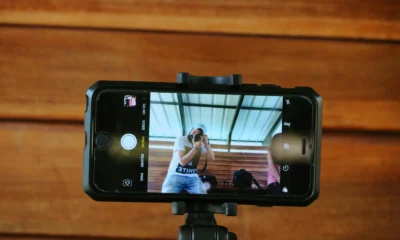Business
Honoring a Digital Pioneer: Happy Birthday Mark!
Today, we celebrate the birthday of Mark Zuckerberg, the enigmatic CEO and co-founder of Facebook, who has revolutionized the way we connect and share information. As he marks another year of life, we reflect on his remarkable journey, from creating a social network in his college dorm room to building a global phenomenon. Join us in honoring his innovative spirit and the impact he’s had on the digital world.
Early Adopter and Philanthropist
Zuckerberg’s early adoption of emerging technologies is a testament to his forward-thinking mindset. In 2011, he was the most followed user on Google+, surpassing even the platform’s co-founders, Larry Page and Sergey Brin. This early embrace of new platforms showcases Zuckerberg’s ability to identify and capitalize on emerging trends.
Alongside his technological prowess, Zuckerberg has also made significant strides in philanthropy. In 2014, he donated $25 million to combat the Ebola virus epidemic, demonstrating his commitment to using his wealth and influence to make a positive impact on the world. Furthermore, Zuckerberg has signed the “Giving Pledge” commitment, promising to donate at least 50% of his wealth over his lifetime.
 Unconventional Career Path and Surprising Milestones
Unconventional Career Path and Surprising Milestones
Zuckerberg’s career path has been anything but conventional. Despite receiving job offers from companies like AOL and Microsoft before even graduating high school, he turned them all down, choosing instead to pursue his own vision. This decision would ultimately lead to the creation of Facebook, a platform that has revolutionized the way we connect and share information.
One of the most surprising milestones in Zuckerberg’s life was his marriage to Priscilla Chan. The couple’s wedding was a surprise to guests, who thought they were attending Chan’s graduation party. This unexpected event showcases Zuckerberg’s ability to keep his personal life private amidst the glare of public scrutiny.
Visionary Leadership and Controversies
As the CEO of Facebook, Zuckerberg has demonstrated visionary leadership, guiding the company through periods of rapid growth and expansion. In 2010, at the age of 26, he was named Time magazine’s Person of the Year after Facebook reached over 500 million users, a testament to his ability to drive innovation and user engagement.
However, Zuckerberg’s tenure has not been without controversy. In 2018, he testified before the U.S. Congress regarding Facebook’s data privacy practices after the Cambridge Analytica scandal, highlighting the challenges of balancing user privacy with the demands of a rapidly evolving digital landscape.
Unique Personality and Quirks
Zuckerberg’s unique personality and quirks have also captured public attention. His wardrobe, consisting of multiple copies of the same gray shirts and darker gray hoodies, has become an iconic part of his public persona. Additionally, his belief that Facebook could have prevented the Iraq War by giving more people a voice to share their perspectives showcases his ambitious vision for the platform.
Despite the controversies and challenges he has faced, Mark Zuckerberg remains a visionary leader who has transformed the way we connect and share information. From his early programming talents to his philanthropic efforts and unconventional career path, Zuckerberg’s story is a testament to the power of innovation, determination, and vision in shaping the future of technology.
Business
How Trump’s Tariffs Could Hit American Wallets

As the debate over tariffs heats up ahead of the 2024 election, new analysis reveals that American consumers could face significant financial consequences if former President Donald Trump’s proposed tariffs are enacted and maintained. According to a recent report highlighted by Forbes, the impact could be felt across households, businesses, and the broader U.S. economy.

The Household Cost: Up to $2,400 More Per Year
Research from Yale University’s Budget Lab, cited by Forbes, estimates that the average U.S. household could pay an additional $2,400 in 2025 if the new tariffs take effect and persist. This projection reflects the cumulative impact of all tariffs announced in Trump’s plan.
Price Hikes Across Everyday Goods
The tariffs are expected to drive up consumer prices by 1.8% in the near term. Some of the hardest-hit categories include:
- Apparel: Prices could jump 37% in the short term (and 18% long-term).
- Footwear: Up 39% short-term (18% long-term).
- Metals: Up 43%.
- Leather products: Up 39%.
- Electrical equipment: Up 26%.
- Motor vehicles, electronics, rubber, and plastic products: Up 11–18%.
- Groceries: Items like vegetables, fruits, and nuts could rise up to 6%, with additional increases for coffee and orange juice due to specific tariffs on Brazilian imports.

A Historic Tariff Rate and Economic Impact
If fully implemented, the effective tariff rate on U.S. consumers could reach 18%, the highest level since 1934. The broader economic consequences are also notable:
- GDP Reduction: The tariffs could reduce U.S. GDP by 0.4% annually, equating to about $110 billion per year.
- Revenue vs. Losses: While tariffs are projected to generate $2.2 trillion in revenue over the next decade, this would be offset by $418 billion in negative economic impacts.
How Businesses Are Responding
A KPMG survey cited in the report found that 83% of business leaders expect to raise prices within six months of tariff implementation. More than half say their profit margins are already under pressure, suggesting that consumers will likely bear the brunt of these increased costs.

What This Means for Americans
The findings underscore the potential for substantial financial strain on American families and businesses if Trump’s proposed tariffs are enacted. With consumer prices set to rise and economic growth projected to slow, the debate over tariffs is likely to remain front and center in the months ahead.
For more in-depth economic analysis and updates, stay tuned to Bolanlemedia.com.
Business
U.S. Limits Nigerian Non-Immigrant Visas to Three-Month Validity

In July 2025, the United States implemented significant changes to its visa policy for Nigerian citizens, restricting most non-immigrant and non-diplomatic visas to a single entry and a maximum validity of three months. This marks a departure from previous policies that allowed for multiple entries and longer stays, and has important implications for travel, business, and diplomatic relations between the two countries.
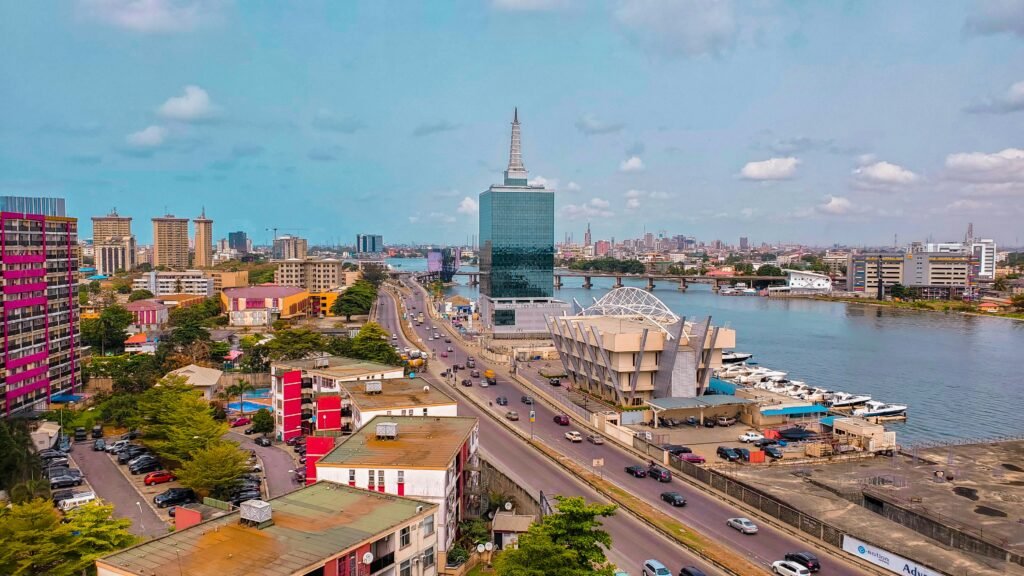
Key Changes in U.S. Visa Policy for Nigerians
- Single-Entry, Three-Month Limit: As of July 8, 2025, most non-immigrant visas issued to Nigerians are now valid for only one entry and up to three months.
- No Retroactive Impact: Visas issued prior to this date remain valid under their original terms.
- Reciprocity Principle: The U.S. cited alignment with Nigeria’s own visa policies for U.S. citizens as the basis for these changes.
- Enhanced Security Screening: Applicants are required to make their social media accounts public for vetting, and are subject to increased scrutiny for any signs of hostility toward U.S. institutions.
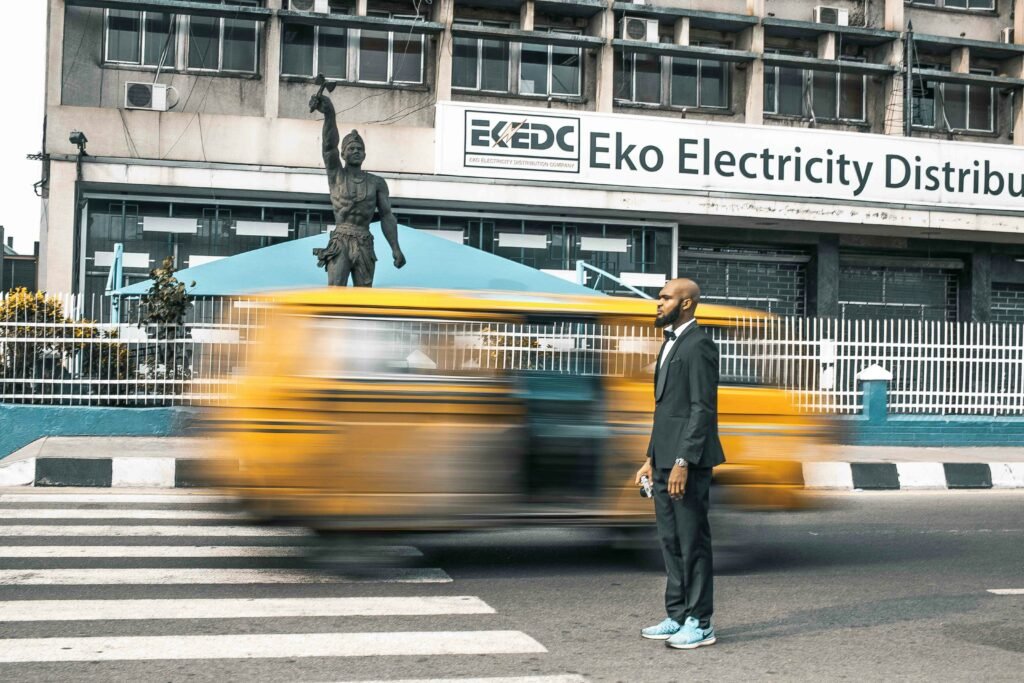
Rationale Behind the Policy Shift
- Security and Immigration Integrity: The U.S. government stated the changes are intended to safeguard the immigration system and meet global security standards.
- Diplomatic Reciprocity: These restrictions mirror the limitations Nigeria imposes on U.S. travelers, emphasizing the principle of fairness in international visa agreements.
- Potential for Further Action: The U.S. has indicated that additional travel restrictions could be introduced if Nigeria does not address certain diplomatic and security concerns.

Nigeria’s Updated Visa Policy
- Nigeria Visa Policy 2025 (NVP 2025): Introduced in May 2025, this policy features a new e-Visa system for short visits and reorganizes visa categories:
- Short Visit Visas (e-Visa): For business or tourism, valid up to three months, non-renewable, processed digitally within 48 hours.
- Temporary Residence Visas: For employment or study, valid up to two years.
- Permanent Residence Visas: For investors, retirees, and highly skilled individuals.
- Visa Exemptions: ECOWAS citizens and certain diplomatic passport holders remain exempt.
- Reciprocal Restrictions: Most short-stay and business visas for U.S. citizens are single-entry and short-term, reflecting reciprocal treatment.

Impact on Travelers and Bilateral Relations
- Nigerian Travelers: Face increased administrative requirements, higher costs, and reduced travel flexibility to the U.S.
- U.S. Travelers to Nigeria: Encounter similar restrictions, with most visas limited to single entry and short duration.
- Diplomatic Tensions: Nigerian officials have called for reconsideration of the U.S. policy, warning of negative effects on bilateral ties and people-to-people exchanges.
Conclusion
The U.S. decision to limit Nigerian non-immigrant visas to three months highlights the growing complexity and reciprocity in global visa regimes. Both countries are tightening their policies, citing security and fairness, which underscores the need for travelers and businesses to stay informed and adapt to evolving requirements.
Business
Nicki Minaj Demands $200 Million from Jay-Z in Explosive Twitter Rant
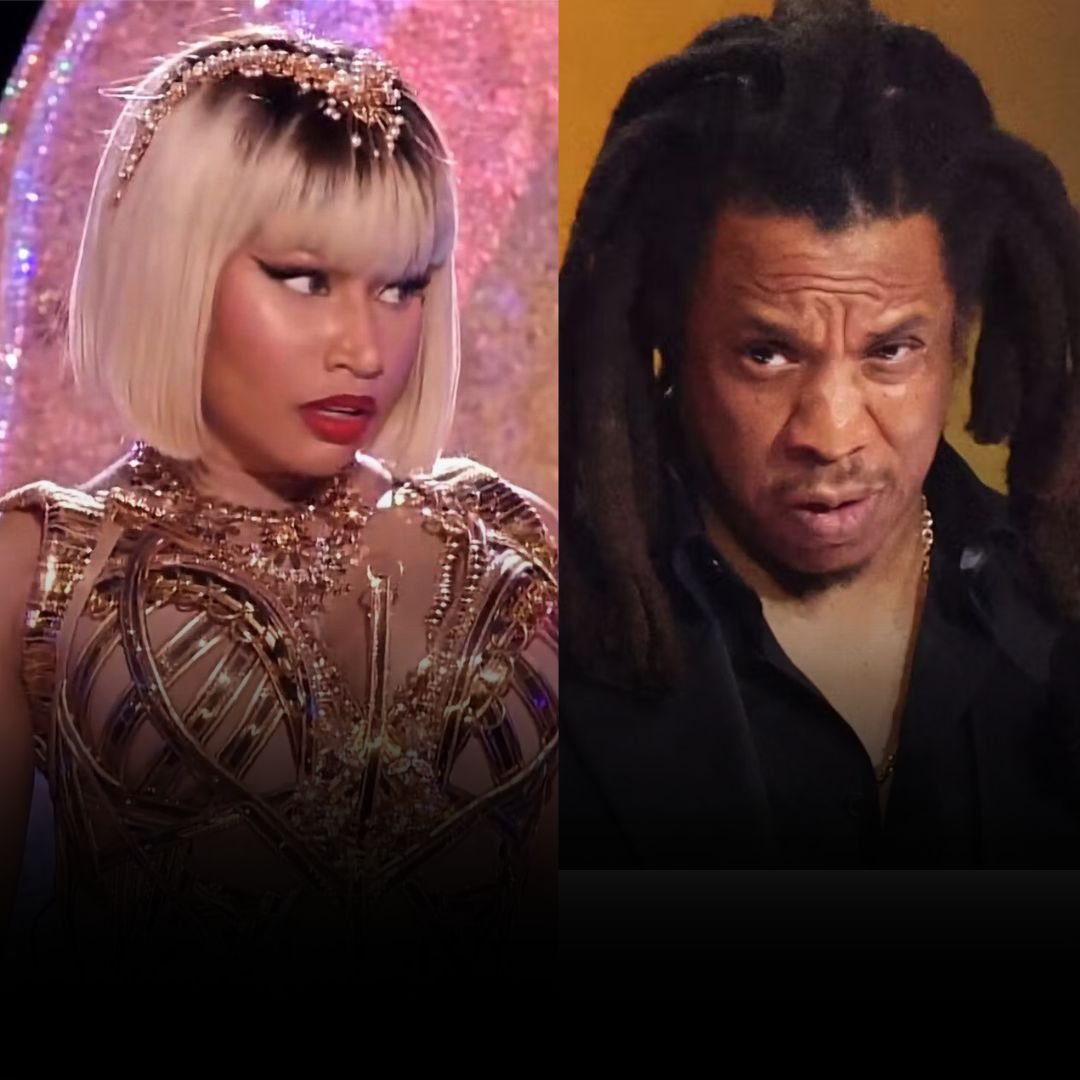
Nicki Minaj has once again set social media ablaze, this time targeting Jay-Z with a series of pointed tweets that allege he owes her an eye-popping $200 million. The outburst has reignited debates about artist compensation, industry transparency, and the ongoing power struggles within hip-hop’s elite circles.

The $200 Million Claim
In a string of tweets, Minaj directly addressed Jay-Z, writing, “Jay-Z, call me to settle the karmic debt. It’s only collecting more interest. You still in my top five though. Let’s get it.” She went further, warning, “Anyone still calling him Hov will answer to God for the blasphemy.” According to Minaj, the alleged debt stems from Jay-Z’s sale of Tidal, the music streaming platform he launched in 2015 with a group of high-profile artists—including Minaj herself, J. Cole, and Rihanna.
When Jay-Z sold Tidal in 2021, Minaj claims she was only offered $1 million, a figure she says falls dramatically short of what she believes she is owed based on her ownership stake and contributions. She has long voiced dissatisfaction with the payout, but this is the most public—and dramatic—demand to date.
Beyond the Money: Broader Grievances
Minaj’s Twitter storm wasn’t limited to financial complaints. She also:
- Promised to start a college fund for her fans if she receives the money she claims is owed.
- Accused blogs and online creators of ignoring her side of the story, especially when it involves Jay-Z.
- Warned content creators about posting “hate or lies,” saying, “They won’t cover your legal fees… I hope it’s worth losing everything including your account.”
She expressed frustration that mainstream blogs and platforms don’t fully cover her statements, especially when they involve Jay-Z, and suggested that much of the coverage she receives is from less reputable sources.
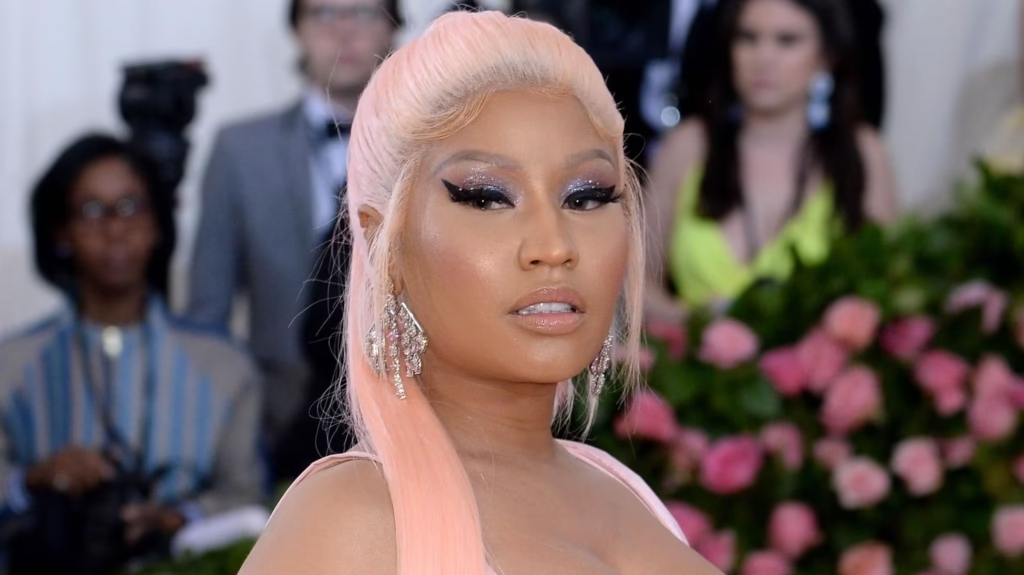
Satirical Accusations and Industry Critique
Minaj’s tweets took a satirical turn as she jokingly blamed Jay-Z for a laundry list of cultural grievances, including:
- The state of hip-hop, football, basketball, and touring
- The decline of Instagram and Twitter
- Even processed foods and artificial dyes in candy
She repeatedly declared, “The jig is up,” but clarified that her statements were “alleged and for entertainment purposes only.”
Political and Cultural Criticism
Minaj also criticized Jay-Z’s political involvement, questioning why he didn’t campaign more actively for Kamala Harris or respond to President Obama’s comments about Black men. While Jay-Z has a history of supporting Democratic campaigns, Minaj’s critique centered on more recent events and what she perceives as a lack of advocacy for the Black community.
The Super Bowl and Lil Wayne
Adding another layer to her grievances, Minaj voiced disappointment that Lil Wayne was not chosen to perform at the Super Bowl in New Orleans, a decision she attributes to Jay-Z’s influence in the entertainment industry.
Public and Industry Reaction
Despite the seriousness of her financial claim, many observers note that if Minaj truly believed Jay-Z owed her $200 million, legal action—not social media—would likely follow. As of now, there is no public record of a lawsuit or formal complaint.
Some fans and commentators see Minaj’s outburst as part of a larger pattern of airing industry grievances online, while others interpret it as a mix of personal frustration and performance art. Minaj herself emphasized that her tweets were “for entertainment purposes only.”
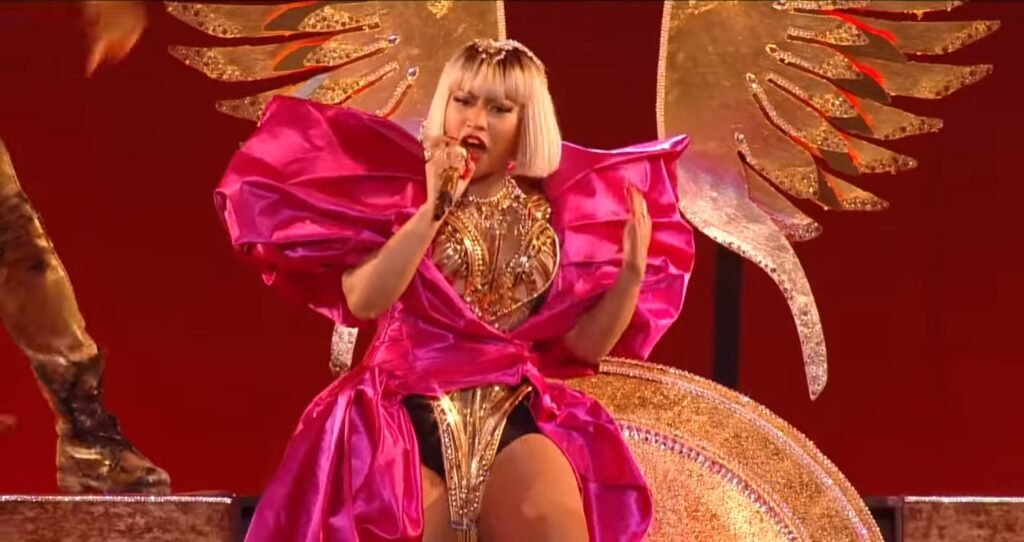
Conclusion
Nicki Minaj’s explosive Twitter rant against Jay-Z has once again placed the spotlight on issues of artist compensation and industry dynamics. Whether her claims will lead to further action or remain another dramatic chapter in hip-hop’s ongoing soap opera remains to be seen, but for now, the world is watching—and tweeting.

 Business2 weeks ago
Business2 weeks agoPros and Cons of the Big Beautiful Bill

 Advice3 weeks ago
Advice3 weeks agoWhat SXSW 2025 Filmmakers Want Every New Director to Know

 Film Industry4 weeks ago
Film Industry4 weeks agoFilming Yourself and Look Cinematic

 News2 weeks ago
News2 weeks agoFather Leaps Overboard to Save Daughter on Disney Dream Cruise

 Health2 weeks ago
Health2 weeks agoMcCullough Alleges Government Hid COVID Vaccine Side Effects

 Advice3 weeks ago
Advice3 weeks agoWhy 20% of Us Are Always Late

 Advice3 weeks ago
Advice3 weeks agoHow to Find Your Voice as a Filmmaker

 Entertainment2 weeks ago
Entertainment2 weeks agoJuror 25’s Behavior Sparks Debate Over Fairness in High-Profile Diddy Trial


























